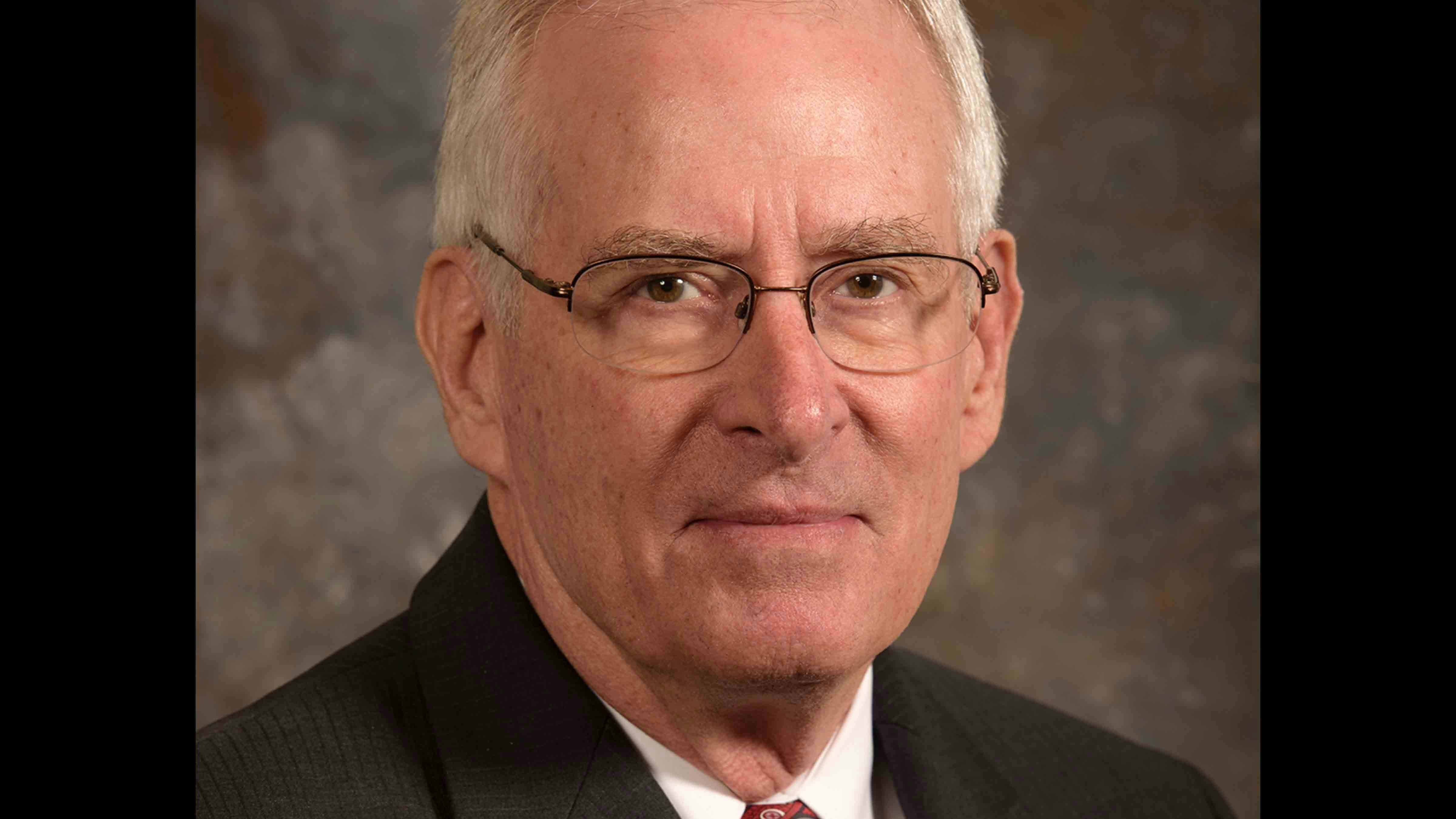I calculate that I ruffled a few feathers the last time we visited, when I challenged the veracity of the myth of the “wild” horse. Relax, this isn’t another column about feral broomtails. Lets talk about mythology this time.
Joseph Campbell tells us, and I tend to agree, that myth has been a powerful ingredient in the human condition for a long, long time. In fact, until science came along with its pesky questions and demand for proof, myth had a monopoly on the human mind.
Its not hard for myth to morph into religion, and from there into a government hell bent on controlling the human population. Want examples? The most volatile region on the planet today, the Mid-East, or Holy Land if you will, is the result of myths-turned-religions battling one another for control of people and land. And its been going on for centuries.
Europe, after the Roman fall, devolved into Dark Ages of a population controlled only by myth. Every civil war in Europe for centuries can be blamed on competing myths expressed through organized religion. Northern Ireland, is a recent example.
The early science guys – the Galileos, the Newtons, and their crew – were made cultural pariahs because they dared to challenge the orthodox mythology of the time with logic, cause-and-effect reasoning, and proof of hypothesis. Intellectual freedom was NOT welcome in a culture that worshiped myths.
The result was the Age of Reason establishing a real competition with religion for the mind of humanity. Naturally, the old gods of mythology were not pleased.
No longer were the myths taken at face value and followed without question. Humans had a new tool with which to understand the complexity of life.
Secular governments, like ours, grew out of the ashes of the Holy Roman Empire and the death of its mythology. These governments are based much more (except in the Holy Land) upon logic, science and the human intellect than on an appeal to belief in the old myths.
Don’t get me wrong, mythology has its place. As a vehicle for passing along culture, it outperforms science. As a cohesive force in sub-national social units, it can’t be beat. Mythology has been the source of some of the world’s greatest literature and art. Science sucks at doing that.
But, as a governing dynamic in nations, mythology has, ultimately, produced only division and war.
I think the reason for that is the concept of proof. The linear logic of science, the controlled testing of hypotheses, and the analysis of results tends to remove the mystery from an experiment or question. Science makes empirical wisdom available to everyman, provided he’s willing engage his noggin.
Mythology, however, simply demands that it is believed. It dresses up as “revealed knowledge” rather than “learned knowledge”. Mythology is circular logic, saying, “I’m true because I said so.” It gains credence not from inquiry, but from being repeated and enforced.
Election deniers are great mythologists.
I think we, as humans, need both. Life without mythology would be dry, boring and uninspired while life without science would be the Dark Ages. But we shouldn’t confuse the two, or ask either to do something the other should do. Government, for example, should make decisions based upon science rather than mythology.
We need to be thankful that we only have two of these boogers to deal with!
I’ll let William Blake (a poet so caught up in the myth that he always set a place for the Prophet Zachariah at his table) close for me with this couplet:
Twofold always God us keep
from single vision and Newton’s sleep.





